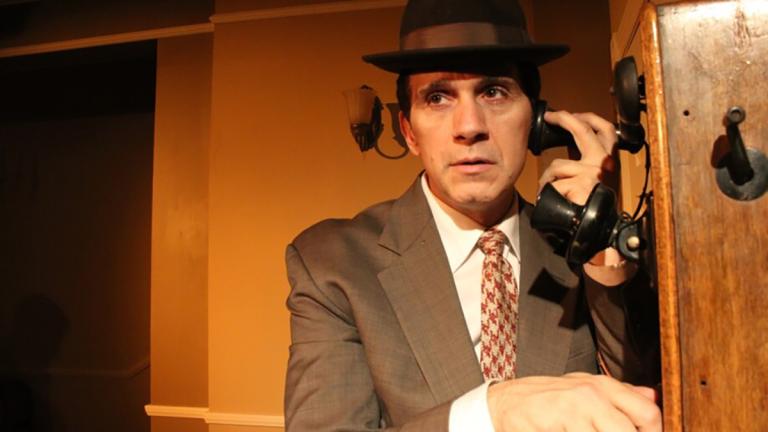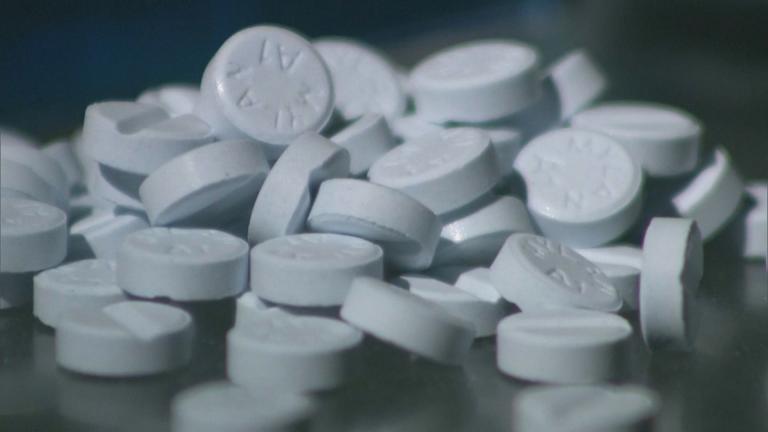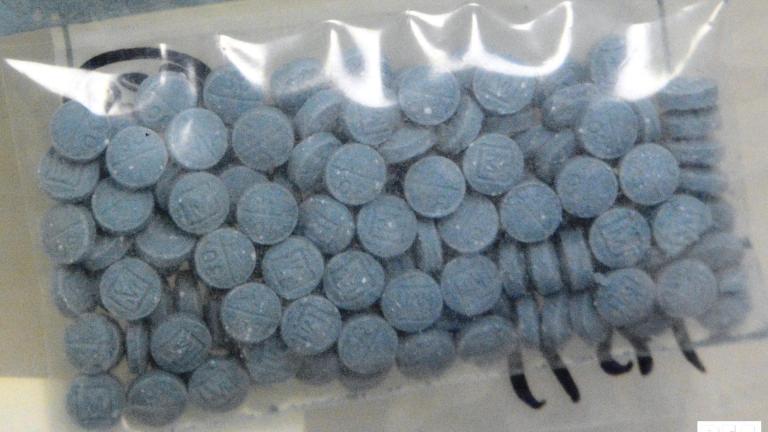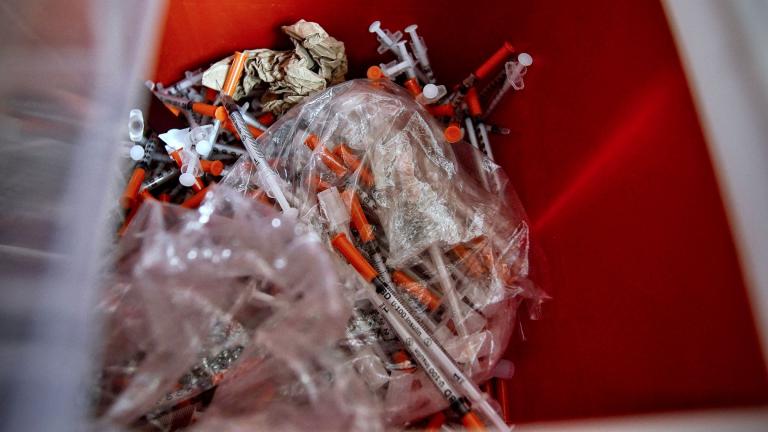Gloria Branch has been coming to Thresholds for twice weekly therapy sessions since July.
Branch, 71, is in recovery for drug addiction and believes she’s turned a corner.
“As long as I still work my tools and do what I’m supposed to do, things are looking great for me,” she said.
Branch was arrested last summer on drug possession charges. When she was taken to a police station, she was offered the option to have her charges dropped if she agreed to meet with a drug counselor.
That approach is thanks to the city of Chicago’s Narcotics Arrest Diversion Program, an initiative launched in 2018 to offer those arrested for low-level drug offenses a chance to have their charges dropped if they agree to meet with a drug counselor.
Thresholds, a substance abuse treatment organization, has counselors embedded in 25 police stations throughout the city.
“The approach is to meet them where they are, to establish a relationship, to create hope, to create a pathway,” said Jeff Gilbert, who helps administer the program at Thresholds.
He believes it works because the program targets people who might not otherwise have sought help.
“Nobody thinks when they wake up in the morning, ‘I’m going to jail today,’” Gilbert said. “So a lot of people get excited about this being a second chance.”
But the program is only available to about 5% of all drug offenders. Only those who have not been convicted of a crime in 10 years and are deemed to pose no threat to the public are eligible.
According to city statistics, 1,811 people have gone through the program since 2018.
“They happen to be arrested with drugs, and instead of being sent to jail, they were sent to a counselor,” said Ashna Arora, research director of the University of Chicago Crime Lab.
She has been studying the efficacy of the program, and so far, it has shown positive results.
“The probability for being re-arrested for drug charges goes down,” Arora said. “It indicates the program might reduce the demand for drugs, violent crime and public safety at the same time.”
Participants have no obligation to continue their treatment, all they have to do to get charges dropped is agree to the initial meeting in the police station with the counselor, Arora said.
But according to a Crime Lab review, 79% have chosen to come back the next day, and 50% are still in treatment 30 days later.
Branch says she didn’t immediately agree to attend treatment upon her arrest, but changed her mind after going to jail.
“Was it a good thing that the arrest happened? Yes,” she said. “I believe in a higher power. My God. He did it to save my life. I really believe that.
Note: This story was updated to correct the exact number of people who have participated in the program.
Follow Paris Schutz on Twitter: @paschutz







